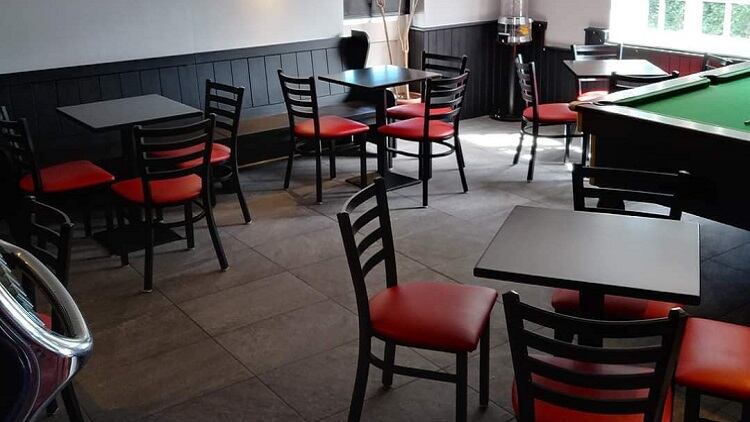Prime Minister Boris Johnson is to outline his plans to lift England’s third lockdown to MPs and the public on Monday 22 February, after analysing the latest coronavirus data.
Operators and trade bosses have lashed back at media reports the Government is considering reopening hospitality after other sectors and have said pubs are a safe environment.
UKHospitality's 'roadmap to recovery':
- Focus on reducing infections, hospitalisations and deaths
- Link hospitality reopening to vaccines and the preservation of life
- Recognise the safety of hospitality
- Set clear reopening ambitions on 22 February
- Begin gradual regional reopening once top-four priority groups are protected (by the vaccine)
- A time-limited transitionary system from early April
- Revert to a national system of controls from mid-June
- Explore a safe way to open up international travel
- Foster consumer confidence and a return to our great cities
- Underpin the recovery with business support
In a ten point plan, UKHospitality (UKH) calls on officials to consider operators’ efforts in ensuring the safety of venues and said pubs should be allowed to return to “more normalised trading’ this summer.”
As the most vulnerable in society will have full protection from the vaccine by early March, the Government should consider “movement through the existing tier system” with a gradual regional reopening.
Transitionary system
UKH called for a “transitionary system”, modelled on the measures introduced in July 2020 when pubs reopened after the first lockdown, from early April. These rules – including table service and social distancing – could be reviewed in two-three weeks with “local, tailored” policies for areas experiencing outbreaks.
When everyone over the age of 50 and those particularly vulnerable have received their second doses, by mid-June, pubs and restaurants should be permitted a “more normalised trading regime.”
The plan also called for a way to “allow international movement,” including testing, a targeted approach to different countries and quarantines.
UKH urged the Government to help the sector boost consumer confidence in order to help “boost tourism and a return to office working,” which would help rebuild city centres.
Support measures including extending the 5% VAT rate and business rates holiday should be introduced to help the sector rebuild and become “an engine of economic and employment growth.”
Calls for more support for operators come ahead of the Budget on 3 March, where Chancellor Rishi Sunak will set out his spending intentions for the next year.
Safety issue
UKHospitality chief executive Kate Nicholls said a delayed reopening would risk even more jobs and business collapses while prolonged closure posed a risk to the country’s economic recovery.
Delaying the sector reopening also “makes no sense on the grounds of safety,” Nicholls said, pointing to research which shows pubs have not triggered coronavirus outbreaks.
Other voices in the sector have argued delaying the reopening of hospitality venues will encourage people to meet up in unregulated environments such as private homes, where coronavirus transmission is more likely.
Nicholls added: “There is no valid reason for hospitality to be at the back of the queue as data shows hospitality venues are very low risk due to the exceptional investment that businesses have made in creating safe and Covid-secure environments.
“It’s clearly important the Government follows the data, and we understand the point, but the data is showing that we can move swiftly, safely and sustainably to reopen hospitality in April. Businesses need firm dates to plan their reopening strategies, so they can bring back staff, negotiate their rent with landlords and re-engage with all their suppliers.”



